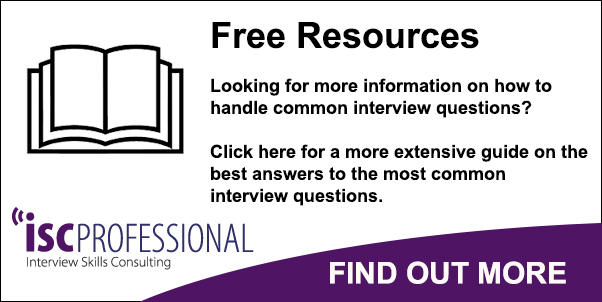How to Answer “What is Your Greatest Achievement” Interview Question
When going through the recruitment process, securing an interview may seem like an achievement in itself. However, what happens though when the interview panel asks you about your greatest achievement?
This seemingly innocuous question is in fact designed to delve deeply into the nature and character of the potential employee. Candidates therefore need to prepare rigorously– as they should with the rest of the interview-and not give an off the cuff response on the day.
Here we identify three key rules when an employer asks, “What is your greatest achievement?”

Be unique
Each individual brings with them a unique set of experiences and circumstances. The same applies with achievements. Your achievements are yours alone.
Think carefully about which of them sets you apart from the next candidate. In a sea of potential employees you want to stand out from the crowd, so avoid predictable answers like ‘I reached my monthly sales target’ or ‘I achieved a 2:1 in my degree’.
The objective is to show how you are different and better than the rest of the candidate field, so it is worth spending time selecting an example which supports this goal.
Ideally you should talk about a professional achievement in work, but for new entrants to the labour market it is perfectly acceptable to choose a personal accomplishment. It should still be as relevant to the job role as possible though- talking about lifestyle issues such as weight loss or relationships should preferably be avoided!
Be relevant
There are two aspects to this rule- linkages to the job advertised and currency. Firstly you want to provide an example which is directly relevant to the role being interviewed.
Review the job criteria carefully and build a profile of the person they want to recruit. Now make a list of possible examples you may want to use. Pick one which clearly links with the criteria.
When answering make it easy for the panel by spelling out how the attributes associated with your achievement can benefit the company – for example ‘I led a project which completed ahead of schedule due to my planning, organisation and team management skills’. This reinforces the match between you and the job requirements.
Secondly there is the issue of timing. Using a recent example is important as it shows you are currently achieving things! Talking about something which happened ten years ago may create the opposite impression.
You want to convince the panel that you are an achiever right now, so make sure your example is up to date.
Be prepared
Use your interview preparation time to structure your answer effectively. The STAR (situation, task, action, result) approach is a popular method which can be applied to this subject as with other interview areas.
Write out points which address each of the stages to help you tell your story in a concise but comprehensive way. Give the panel the detail they need to convince them this was a real and important achievement.
Practice your answer with a friend, colleague or professional interview coach. Ask them for feedback and make adjustments as necessary. Remember though to keep your style of delivery natural.
Your example should be something you are genuinely proud of so make sure this comes across by talking enthusiastically.
Have high expectations for a positive interview outcome and add another example to your achievement list by securing the job!
For answers to more common interview questions, see our free information on the ISC Professional website.





